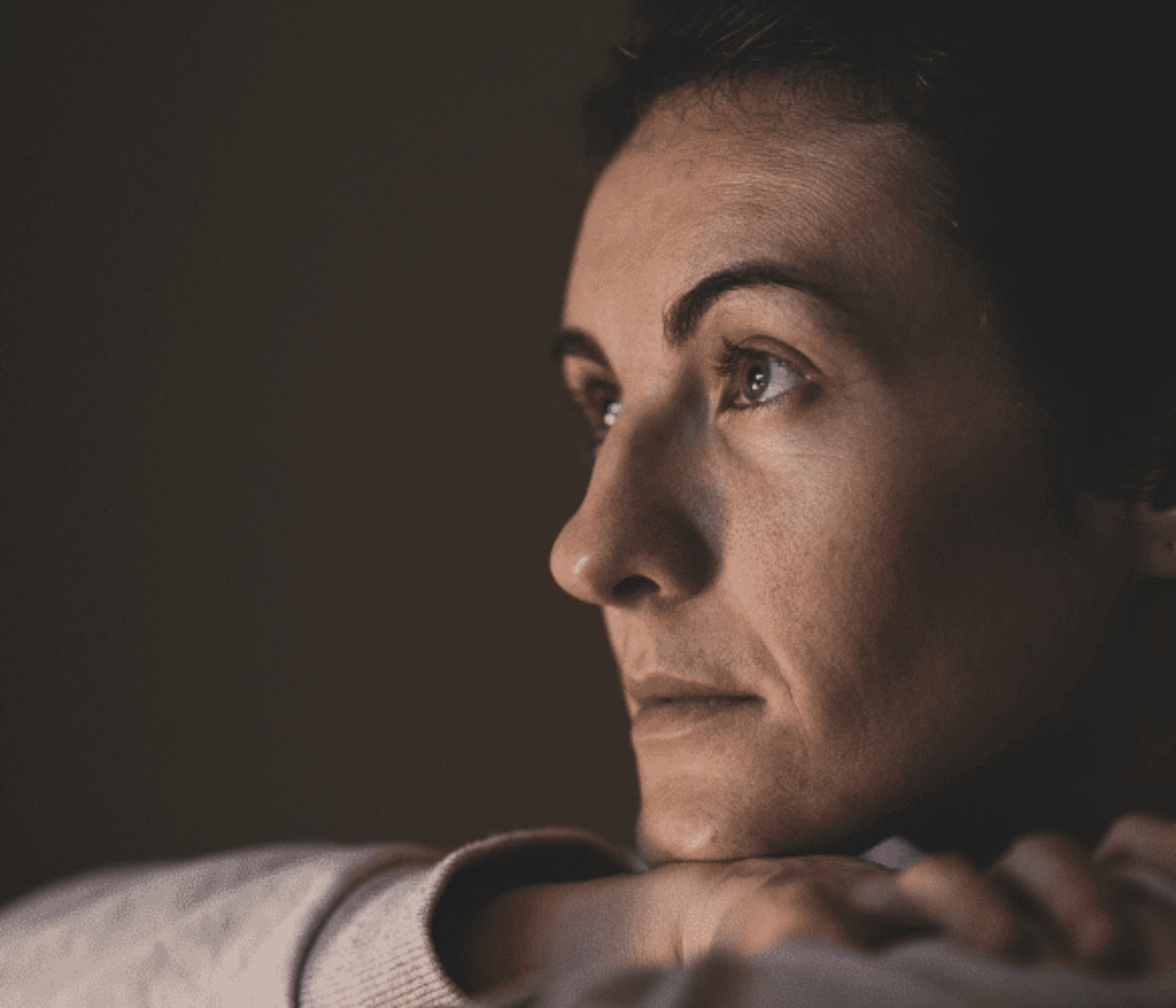Is this abuse?
Posted by Jenni James on 31 January 2025
Many women come to us unsure if what they are experiencing is domestic abuse. They might know that they feel afraid, on edge or unsure about their partner’s behaviour – but can they really say that it’s domestic abuse?
The first thing to say is that you should never have to feel scared of your partner or like you’re walking on eggshells in your relationship. Maybe someone, perhaps even your partner, has told you that you’re overreacting or misremembering certain events. No matter what you’ve been told, if you’re worried that you might be experiencing domestic abuse, you can ask for help. Click here for advice on who to contact.
Abuse isn’t always physical
For many people, the idea of domestic abuse brings to mind physical violence, and this is often the easiest form of abuse to recognise. One survivor told us that “When the violence started, it was almost a relief; I knew what that was.”
But domestic abuse doesn’t just mean physical acts of violence. It can show up as a range of behaviours, from threats and intimidation to manipulation and control. In Christian communities, many survivors report having religious teachings used against them. For more information on the different types of abuse, click here.
If you’re experiencing any of these things, or even if you’re not sure, you can reach out for help. You don’t need to wait for the abuse to escalate or become physical. It might take you time to feel comfortable using the words ‘domestic abuse’, but you can still contact support services – they will listen to you and help you decide what, if any, action to take.
Someone has told me they’re experiencing domestic abuse. How do I know if they’re right?
If someone discloses to you that they’re experiencing domestic abuse – whether they use those words or not – it’s vital that you listen and believe them. Remember that false allegations of domestic abuse are extremely rare*. It often takes victims a long time to work up the courage to tell someone about what’s happening to them, so it’s important that they are met with understanding and compassion, not doubt or judgement.
Be reassured that it’s not up to you to be an expert on domestic abuse or to investigate claims. You could suggest that the person contacts the National Domestic Abuse Helpline, where they’ll be able to talk to somebody who is an expert. Not everyone will be ready for that straight away, so don’t push them to take steps that they don’t want to. Just by listening to and believing their story, you’ve let them know that you’ll be there to help in future**.
Our Church Guide contains lots more practical advice for dealing with disclosures of domestic abuse in church settings. Get your copy here.
What support is available?
If you think you might be experiencing domestic abuse, help is on hand. You can contact the National Domestic Abuse helpline for free at any time of day – they even have a webchat function if you don’t want to speak on the phone. They will listen to your story and help you explore your options. If you have particular questions about faith and domestic abuse, we’d love to help you think them through. Just send us an email and one of the team will get back to you.
Making a safety plan is a great way to think through how you could protect yourself if the abuse escalates or you’re at immediate risk of harm. You can download a safety plan checklist here – you could ask a trusted friend to work through it with you. Remember that in an emergency you should call 999.
The Survivors Handbook
We’ve produced a resource to help survivors navigate the journey of recovery. With sections about domestic abuse, legal information, parenting and faith related questions, it’s an invaluable resource. Get your copy for free today.
Find out more*Crown Prosecution Service, 2022
**If you’re responding to a disclosure in a church or organisation setting, it’s important to always follow safeguarding procedure, especially if children are involved. Check with your safeguarding lead if you’re not sure what to do.

